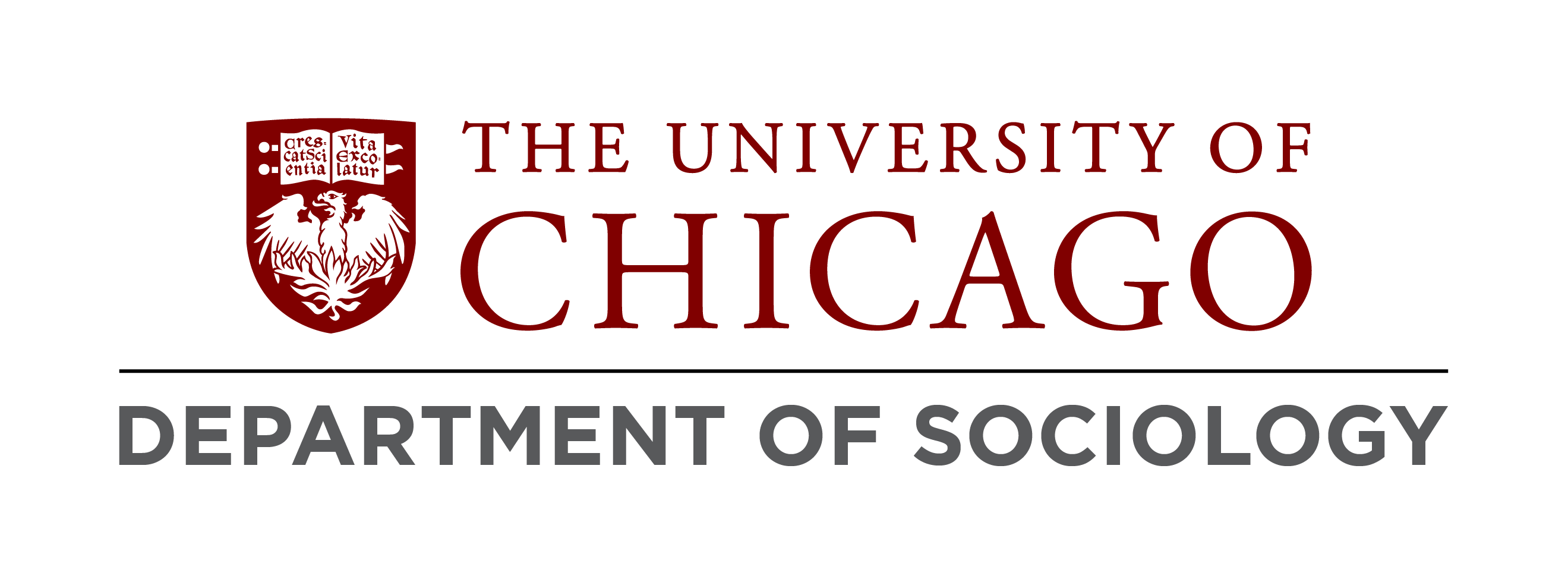
Jacy Reese Anthis is a computational social scientist researching human-AI interaction and machine learning. His research focuses on “digital minds,” humanlike AI systems that can work side-by-side with humans and appear to have reasoning, emotion, agency, and other mental faculties. His research has been published in top academic venues, such as CHI, CSCW, and NeurIPS, and featured in global media outlets, such as Vox, Forbes, and The Guardian. Anthis has presented his work at conferences and seminars in 28 countries. He is a visiting scholar at the Institute for Human-Centered AI (HAI) at Stanford University, a co-founder of the nonprofit research organization Sentience Institute, and a PhD candidate at the University of Chicago.
Dissertation Title: Digital Minds: Human-Computer Interaction in the Era of Transformative Artificial Intelligence
Committee: James Evans, Bryon Aragam, Bernard Koch, Nicholas Polson
Dissertation Abstract: The artificial intelligence (AI) systems now permeating society appear to have a wide variety of human-like mental faculties beyond mere “intelligence.” My research integrates sociology and machine learning to model these next-generation systems as “digital minds,” whether as a coworker who thinks and reasons, a chatbot companion with emotion and empathy, or online agents that autonomously perform complex tasks. Through interviews, surveys, and natural language processing, I collect and analyze some of the first data on social perceptions of digital minds. Then, I draw on these and other social science insights to build human-centered tools for evaluating social impact. My work foregrounds the profound implications of this Cambrian explosion of AI systems, ultimately helping humanity design safe and aligned AI and build policy frameworks to navigate this sociotechnical transformation.
Recent Research / Recent Publications
Manoli, Katerina, Janet V. T. Pauketat, and Jacy Reese Anthis. 2025. “The AI Double Standard: Humans Judge All AIs for the Actions of One.” ACM SIGCHI Conference on Computer-Supported Cooperative Work & Social Computing (CSCW). https://doi.org/10.1145/3711083
Anthis, Jacy Reese, Kristian Lum, Michael Ekstrand, Avi Feller, and Chenhao Tan. 2025. “The Impossibility of Fair LLMs.” Annual Meeting of the Association for Computational Linguistics (ACL). https://doi.org/10.48550/arXiv.2406.03198
Lum, Kristian, Jacy Reese Anthis, Kevin Robinson, Chirag Nagpal, and Alexander D’Amour. 2025. “Bias in Language Models: Beyond Trick Tests and Toward RUTEd Evaluation.” Annual Meeting of the Association for Computational Linguistics (ACL). https://doi.org/10.48550/arXiv.2402.12649
Anthis, Jacy Reese, Ryan Liu, Sean M. Richardson, Austin C. Kozlowski, Bernard Koch, Erik Brynjolfsson, James Evans, and Michael Bernstein. 2025. “LLM Social Simulations Are a Promising Research Method.” International Conference on Machine Learning (ICML). https://doi.org/10.48550/arXiv.2504.02234
Anthis, Jacy Reese and Victor Veitch. In-Press. "Causal Context Connects Counterfactual Fairness to Group Fairness and Robust Prediction.” NeurIPS 2023.
Ladak, Ali, Matti Wilks, and Jacy Reese Anthis. 2023. “Extending Perspective Taking to Nonhuman Animals and Artificial Entities.” Social Cognition. https://doi.org/10.1521/soco.2023.41.3.274.
Pauketat, Janet VT and Jacy Reese Anthis. 2022. “Predicting the Moral Consideration of Artificial Intelligences.” Computers in Human Behavior. https://doi.org/10.1016/j.chb.2022.107372.
Harris, Jamie and Jacy Reese Anthis. 2021. “The Moral Inclusion of Artificial Entities: A Literature Review.” Science and Engineering Ethics. https://doi.org/10.1007/s11948-021-00331-8.
 THE UNIVERSITY OF CHICAGO
THE UNIVERSITY OF CHICAGO

